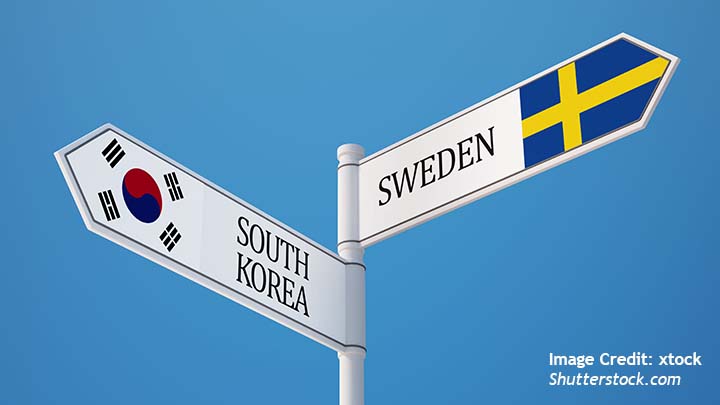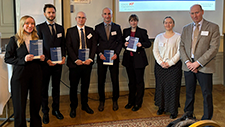1325 NAPs Beyond East and West: Institutionalizing the WPS Agenda in Sweden and South Korea

Love-Lis Liljeström and Jiso Yoon
Abstract
This brief is the latest outcome of a collaboration between the Institute for Security and Development Policy’s (ISDP) Korea Center and Korean Women’s Development Institute (KWDI). The article intends to compare Sweden’s and South Korea’s primary achievements and flaws in formulating and implementing their national action plans on the UN Security Council Resolution 1325 on women, peace and security.
Within the women, peace and security (WPS) discourse, there has been a tendency to focus on the “Global North” and their achievements in the “Global South”. As a result, women, peace, and security efforts in many East Asian countries that do not fit into this binary are easily overlooked and not as known to the broader public. To counteract this faulty binary, the Stockholm and South Korea based institutes collaborated on gender, development and WPS issues, resulting in a series of seminars bringing together WPS experts in Europe and South Korea/East Asia. In this article the focus is exclusively on the distinct WPS approaches of South Korea and Sweden. The paper compares the NAPs of both nations in order to determine what each country can learn from the other in terms of institutionalizing the WPS agenda, and ultimately translates these lessons to policy implications for both countries. The paper calls for more collaboration between Sweden and South Korea on WPS.




